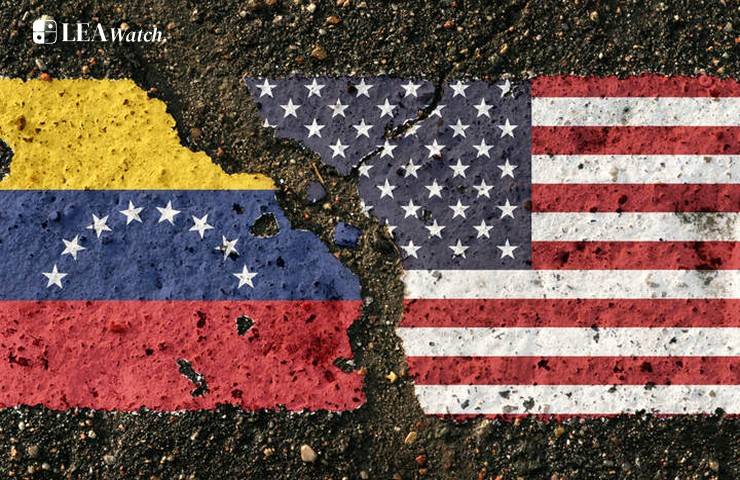Tensions between the United States and Venezuela have risen dramatically after President Nicolás Maduro announced that he is sending approximately 4.5 million armed militia around the country and forming “peace squadrons” to patrol Caracas. This was in direct response to actions taken by the United States during Donald Trump’s presidency when actions against Venezuela in the name of anti-narcotics operations began in the Caribbean waters and were enforced by deploying guided missile destroyers and 4,000 U.S. personnel in and on the waters near Venezuela. Washington has characterized Maduro as a prominent drug trafficker and leader of the Cartel de los Soles, raised the bounty on Maduro to $50 million, targeted Maduro and his associates, claiming to have frozen $700 million linked to Maduro, imposed sanctions upon sanctions upon nations importing Venezuelan oil, and doubled their efforts in prevention of narcotics.
Caracas has dismissed all the claims the U.S. is making against Maduro as hostile, illegitimate, and illegal, claiming that regardless of these claims, Maduro will continue to exercise his leadership as the new leader of Venezuela, notwithstanding that allegation of electoral fraud in 2024 continues to linger. Furthermore, while the U.S. continues to claim hostilities against Maduro and his government, Venezuela is presently facing grave collapse, significant shortages of food, fuel and goods, and its largest mass migration outflow, with over 7.7 million of its citizens having fled in the last decade. The standoff between these two parties has significant potential to deepen and exacerbate already existing tensions throughout the region.

